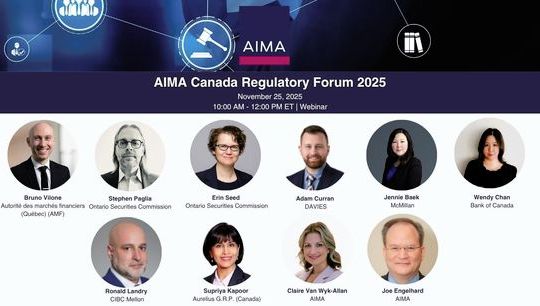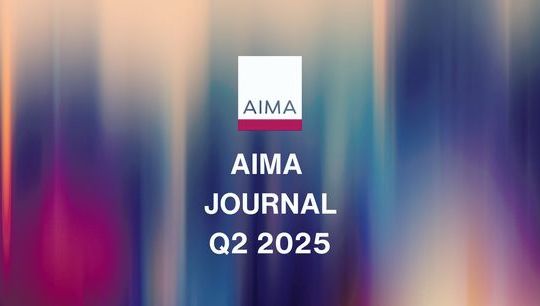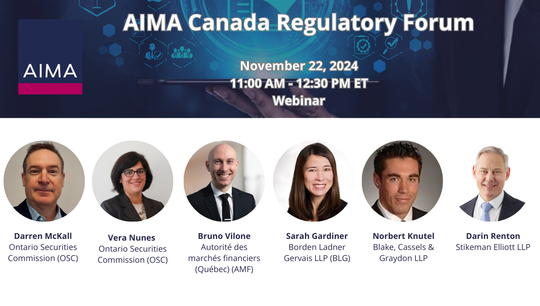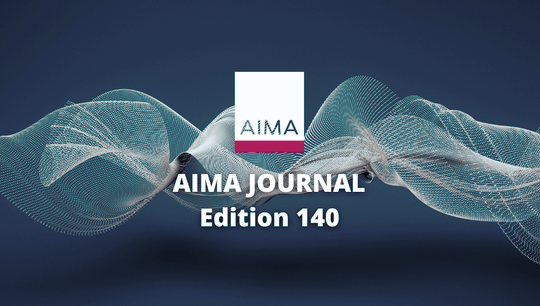The Financial Services Act: Much ado about (almost) nothing?
By Anne Empain; ARM Swiss Representatives SA / Dr. Vaïk Müller; CMS Switzerland
Published: 21 March 2022
Background
The Financial Services Act (FinSA) came into force in January 2020. Foreign promoters providing financial services, such as dealing in financial instruments for clients, asset management services or investment advice, on a commercial basis for clients in Switzerland were subject to a new set of rules, in particular the duties to segment clients, implement organizational measures and certain rules of conduct depending on the type of clients targeted. In addition to these rules, foreign promoters became subject to a duty to join an ombudsman (mediation body) as well as to register their client advisers in a so-called client adviser register under certain conditions.
All these rules were subject to various transitional periods, namely (i) two years for client segmentation, conduct rules and organisational rules, (ii) a moving target for the duty to join an ombudsman and the duty to register client advisers. As of 1 January 2022, all these rules are in place and effective, all transitional periods having ended, certain of which already in 2020, respectively 2021 (in particular for ombudsman affiliation and client advisers registrations).
This contribution focuses on the requirements to join an ombudsman and to register client advisers for foreign promoters based outside of Switzerland and promoting foreign funds in the Swiss market. To the extent relevant, other aspects of FinSA and the Swiss Collective Investment Schemes Act (CISA) will be discussed.
State of play early 2022
For the ombudsman affiliation
The requirement to affiliate with an ombudsman office originally applied irrespective of whether the end-client was a private client or a professional client under FinSA. After a revision of applicable rules, this requirement is now only applicable to foreign promoters providing financial services to private clients or elective professional clients. The rules and the affiliation process as such are relatively straightforward. Contrary to client advisers’ registration, only the promoter itself has to be affiliated and not its employees (but the pricing of various ombudsman offices may differ based on the number of employees of the promoter).
For the client advisers’ registration
Any individual providing a financial service, such as the offering and sale of funds units, shares or interests in funds to end-clients in Switzerland qualifies as a client adviser under FinSA. Only individuals are subject to the registration requirements. In short, client advisers are those persons, who provide financial services by interacting with the end-clients.
No registration is required for client advisers of (i) FINMA prudentially supervised institutions (i.e. Swiss institutions), and (ii) foreign institutions which are subject to prudential supervision abroad and provide financial services in Switzerland exclusively to per se professional or institutional clients. According to the practice of the registers, based on their interpretation of the legal provisions (interpretation challenged by certain practitioners, but to date the registers have not changed their practice), client advisers of foreign promoters selling funds to elective professional clients, such as high-net-worth individuals (upon opting out) must register.
This registration may prove cumbersome and challenging from an operational perspective and may make no sense (in terms of business) if the foreign promoter only targets elective professional clients occasionally.
For the Swiss representative and Swiss paying agent appointment
The appointment of the Swiss representative and the Swiss paying agent are product-based level requirements. In comparison, ombudsman affiliation and client advisers registration are institution-based level requirements. This distinction is important in practice, as promoters should not make confusion between the rules embedded in CISA and FinSA. CISA rules will apply to the product, namely the fund itself, while FinSA rules will concern the promoter.
Obviously, the rules are not “watertight” and concrete marketing efforts imply interplay between these requirements. However, promoter should keep in mind that navigating through FinSA rules and CISA rules is somewhat different.
As a general observation, CISA rules have not changed in their essence, but in their scope. Even if the scope is narrower now, practical and risk-based considerations are key drivers when foreign
promoters ask themselves to which extent they may decide not using the Swiss representative and the Swiss paying agent services. In addition, if a foreign promoter expects to target directly end-clients, who are elective professional clients, it will have no room for risk-based considerations and the appointment of a Swiss representative and a Swiss paying agent will remain the rule. Moreover, even when the distribution is channeled through an intermediary (indirect distribution), depending on how such intermediary is structured and on how it conducts its marketing/placement activities, compliance with CISA may still be required. So to speak, from a risk-based perspective, indirect distribution may still require to use the Swiss representative and paying agent services.
How to navigate through the rules?
Who are my investors?
The first question a foreign promoter should ask is: what is my target market ? If the considered market includes elective professional clients or could include such segment, it becomes important for the promoter to structure its marketing channel properly if it does not wish to deal with the ombudsman affiliation and the client advisers’ registration (see below “How I market?”). This analysis will also allow the promoter to determine the scope and extent of the conduct rules (as these rules vary depending on client segment).
On the contrary, if the considered market only includes per se professional and institutional clients, assuming that the promoter is prudentially regulated abroad, FinSA will have a small incidence on the operation of the promoter. Impact will be limited essentially in complying with client segmentation certain conduct rules and organizational measures, the practical impact of which should not be overstated, but no affiliation with an ombudsman and no registration for client advisers.
How shall I market?
At that point it is important to determine the market channels: direct or indirect distribution or a combination of both methods. The reply to this question may not only condition the needs to affiliate with an ombudsman and register the client advisers of a foreign promoter but also the need to apply the rest of FinSA requirements (conduct rules and so one).
As a matter of principle, as discussed above, direct distribution to end-clients, who are elective professional clients will trigger FinSA and CISA requirements. In case of indirect distribution, the end-client interactions are in principle not in the hand of the foreign promoter.
In particular, when the intermediary in charge of the marketing efforts is prudentially regulated, the interactions between the foreign promoter and such intermediary does not fall within the ambit of FinSA. As a rule, the FinSA requirements will apply to the regulated intermediary at the point of sale. This scenario may thus be conducive to the establishment of efficient marketing channel from a FinSA standpoint.
Obviously, on top of it, CISA requirements will come at play, as previously discussed, but here again, it is possible to get rid of them, provided the distribution risks and channel are clearly identified and in compliance with applicable requirements. In case of doubt, it may however be recommended to maintain a Swiss representative and a Swiss paying agent.
Conclusion
Depending on the business model and client structure, FinSA impact may be clearly mitigated. On one hand, the implementation and application of the conduct rules and organisational measures is generally achievable without having to conduct a massive overhaul of the operation and process of the foreign promoters.
On the other hand, the affiliation with the ombudsman (which remain a “mere” mediation body) and the registration of client advisers are not a fatality, even when elective professional clients are targeted. In the end, FinSA is probably not the revolution expected, even if it may take a certain time to adapt to the new rules.







